We Can Solve Big Ag’s Climate Problem – But Not with “Renewable” Natural Gas
A proposal to build an anaerobic digester on Vermont’s largest dairy farm is not the climate solution its proponents claim it to be.
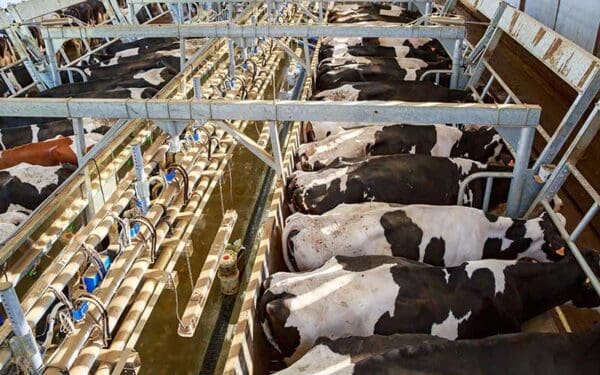
A proposal to build an anaerobic digester on Vermont’s largest dairy farm is not the climate solution its proponents claim it to be.

Big Gas and Oil and utility companies are urging us to use hydrogen like we do other fossil fuels – which will damage the climate and our health

Clean energy can help us slash the carbon pollution driving heat waves, storms, and floods.
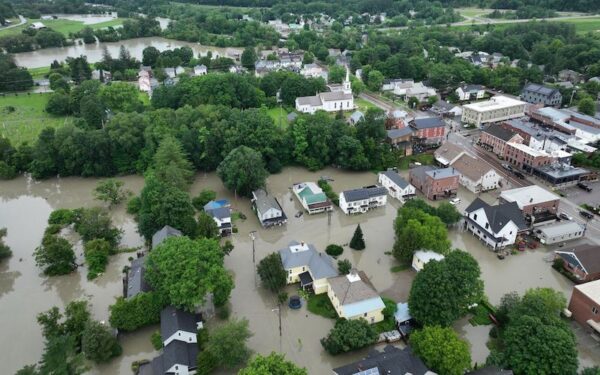
Maine’s proposed rule to spur electric vehicle purchases should go farther
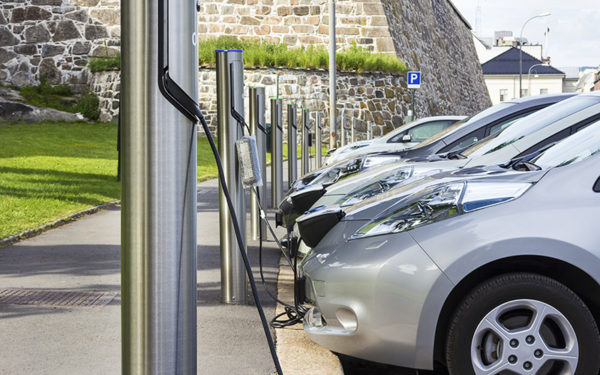
Massachusetts’ waterfronts have always played a critical role in the state’s economy, supporting our fishing, shipping, and energy industries, among others. But those industrial uses haven’t always benefitted the communities that host them.
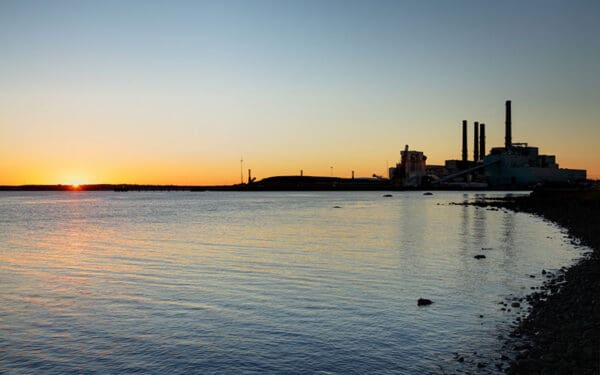
“Harmful emissions from gas-powered cars and trucks are driving the climate crisis and polluting the air in our communities,” said CLF attorney James Crowley. “Rhode Island has an opportunity to tackle the climate crisis while cleaning up the air in our neighborhoods. It’s time to ditch fossil fuels once and for all, and these new rules will help us get there.”
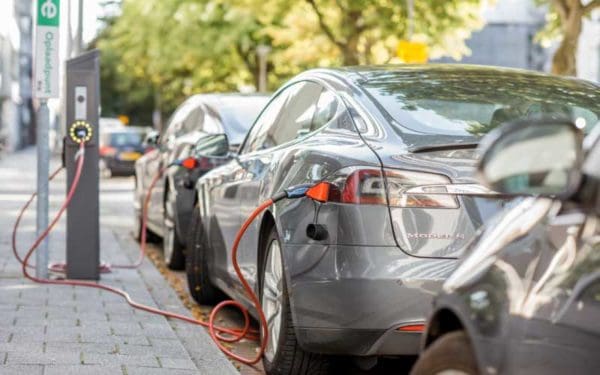
Here’s how and why CLF is pushing the Healey administration to reach net zero by 2050.
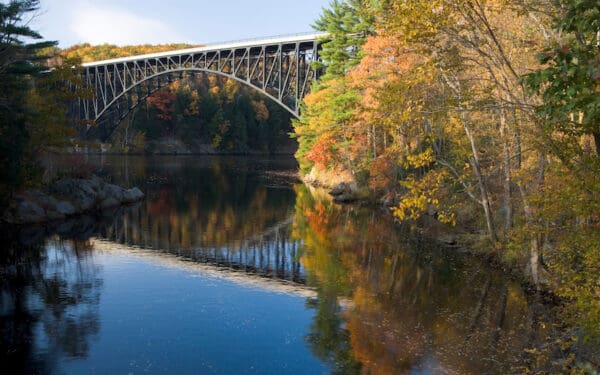
While Big Gas is still trying to peddle its climate-damaging products, regional officials seem poised to recognize the power of solar and wind energy.
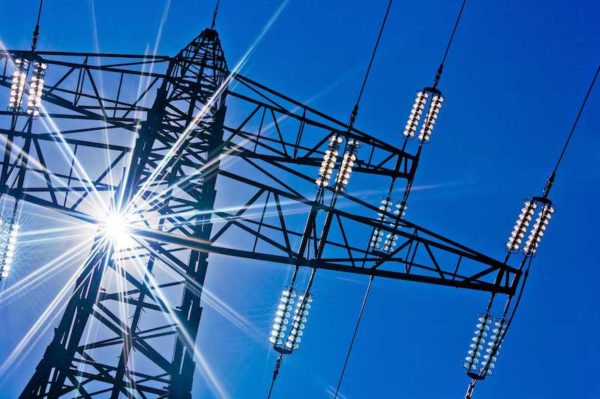
“Allowing these companies to keep charging customers for storm cleanup over and over is an outrage,” said Johannes Epke, CLF. “It should be up to the utilities to make their infrastructure resilient to the frequent, climate-driven storms we’re seeing more and more. It’s time to change state rules that allow these companies to pass the bill on to Massachusetts families and businesses and hold utilities responsible instead.”
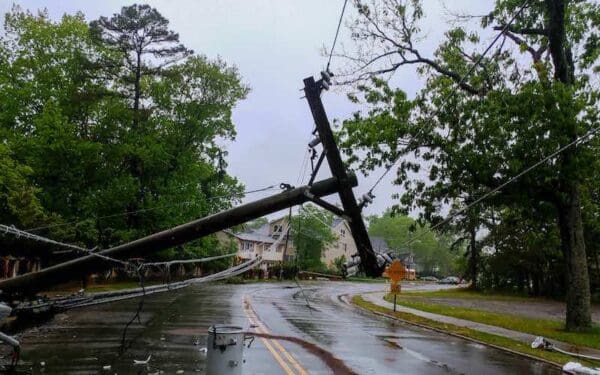
“Harmful emissions from gas-powered cars and trucks are driving the climate crisis and polluting the air in our communities,” said Greg Cunningham, Vice President of Clean Energy and Climate Change at CLF. “In creating these new rules, the state has an opportunity to tackle the climate crisis while cleaning up the air for families in Maine. But the draft released today doesn’t go far enough, and we’ll be pushing officials to ensure 100% of cars and passenger trucks sold are electric by 2035.”
